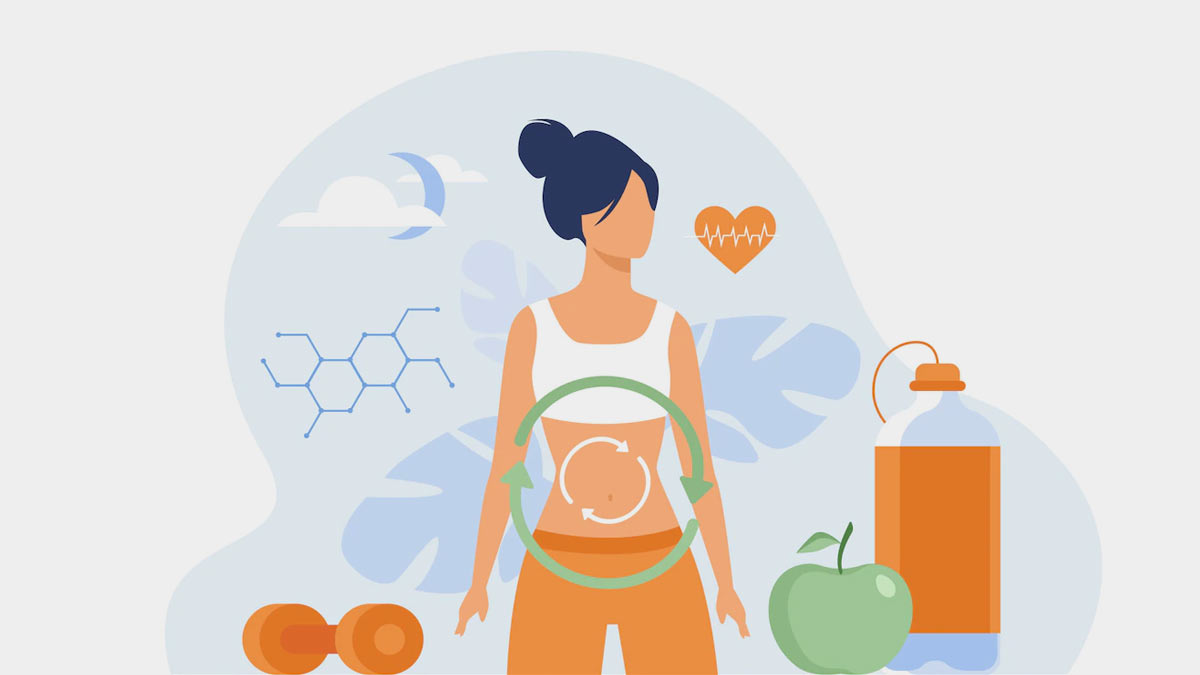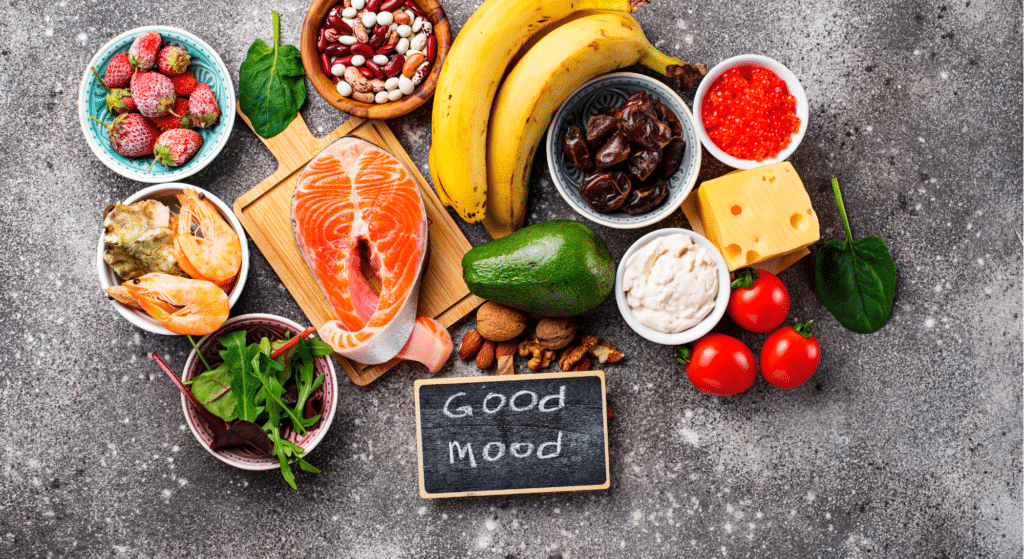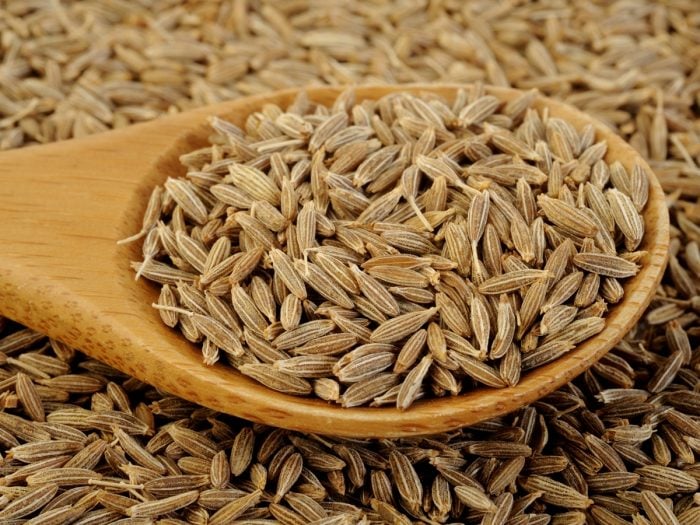It is not uncommon to hear people blame a slow metabolism on their weight gain. They have reduced calories and are more healthy, but don’t lose weight. Can a slow metabolism be the culprit?
What is metabolism?
Metabolism explains the mechanisms in your body that continue to keep you healthy and that your liver works properly, for example, chewing, cell repair and digesting.
Such systems need to be energy-intensive. In these chemical systems, the total amount of energy the body needs is referred to as the Basal Metabolic Rate (BMR).
Depending on your age and lifestyle, the BMR constitutes somewhere between 40 and 70% of your body’s daily energy requirements. A “slow metabolism” is described as a low BMR more precisely.
There are many electronic machines that can fulfill the day-to-day energy requirements. Search for those who use the term Harris-Benedict.
Do some people have a faster metabolism than others?
The level of your metabolism is dictated by body size, sex, gender, and chromosomes.
Muscle cells need more calories than fat cells to sustain because humans have a faster metabolism than fat.
We tend to gain weight and weaken our strength when we grow older. That is why you could slow down your metabolism as you get older.
Overall, the metabolism in people appears to be quicker as they have more muscle mass, thicker muscles, and less weight.
The regulation of your chromosomes may be partially defined, although it is not fully understood yet.
Genes certainly play a part in muscle size, and both of these influence your metabolism, to grow muscles.
Am I fat because of a slow metabolism?
People who are struggling to lose weight are often blamed for slow metabolism. But this assertion is backed only by little evidence.
Research shows that people are overweight and have higher metabolisms than individuals. For the execution of basic body functions, larger bodies need more resources.
Putting a “slow metabolism” on one side might do something else.
Study indicates that people consume more than they thought. Most people report consuming less than they really do when asked to write about everything they have eaten in a day.
More often than not, it is not due to a slow metabolism the weight you are piling on, it is because you eat and drink most calories than you burn.
It may be difficult to accept, but it is important for losing weight and keeping up the number of calories you eat.
Could my body drop weight too quickly?
Crash diets and other reduced-calorie diets will slow the metabolism down.
Your body has to break down your muscles for energy with some diets. When your muscle mass declines, your metabolism is slower.
It becomes much harder to regain body fat after you have gone from the diet with less muscle and a higher metabolism.
How can I improve my metabolism?
Some foods and beverages, including green tea, black coffee, spices and strength drinks, will improve your metabolism. The evidence of these statements is poor.
You will control the amount of calories you burn with your physical activity without getting any influence over the level of your metabolism.
The more active you are, the higher your calories.
Many individuals who are considered to be fast metabolism are obviously more productive than others–and likely more fidgety.
The 3 most effective ways to burn calories are as follows:
Aerobic activity
The most effective way to burn calories is through aerobic exercise. Aerobic activity, such as biking, running, and swimming, should be at least 150 minutes a week.
By dividing your tasks into blocks of 10 minutes, you will reach this goal 30 minutes, five days a week.
You would typically need to make changes to your diet more than 150 minutes a week to lose weight.
Strength training
Muscle burns more calories than fat so that you lose weight by growing your muscle mass.
To conduct muscle build-up exercises on 2 or more day-a-week, aiming for all major muscle groups (legs, thighs, neck, belly, stomach, shoulders and bras).
Of starters, lifting weights and high-intensity workouts are practices that improve muscles. Strong horticulture may do the job as well.
Be active
Seek to include exercise in your everyday routine. Walking or riding all or half of your journey to work could be included. Instead of lift, you can also take the steps.



